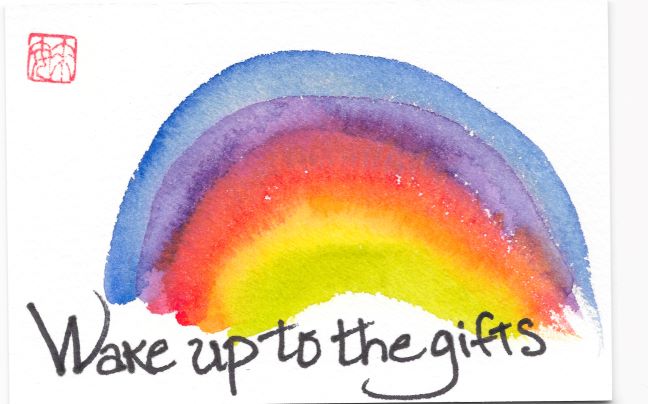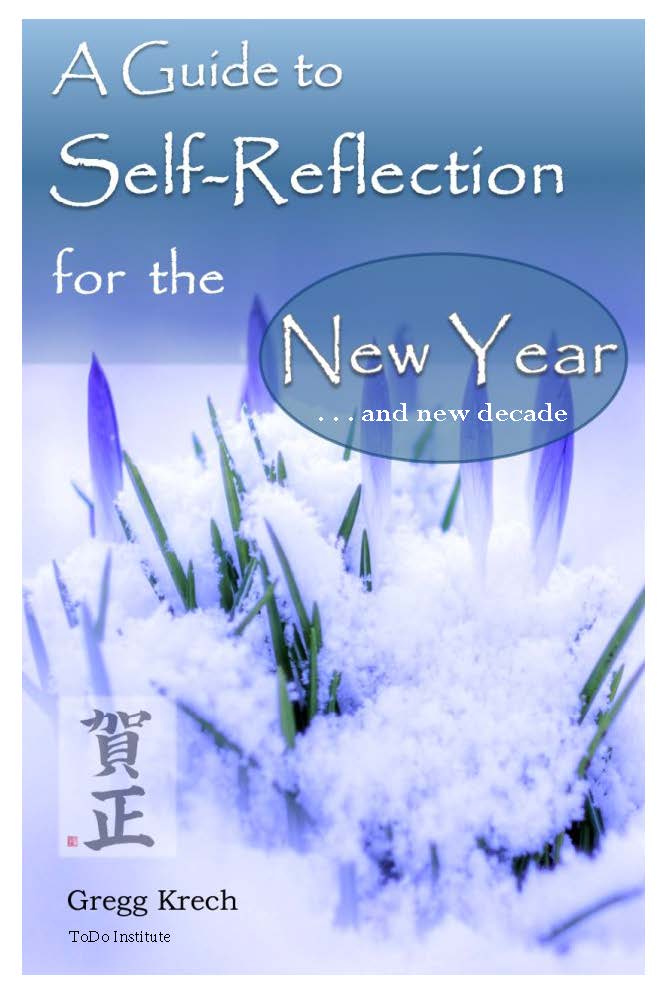Today is my birthday. I make a big fuss over it because I know many beloved people who no longer get to celebrate a birthday. It is a privilege denied many. However, to wake up any morning is miraculous. To be able to get up, out of bed, and go do things is wondrous. I don’t want to take this kind of miracle for granted.
I have written about this before, in other places, but tonight, at the end of my day, I want to tell you about it. It went something like this.
Fourteen years ago, when my granddaughter Sophie was two and I was going through chemotherapy, she came to visit me with her mom. It was a particularly rough patch in my life, and I was overjoyed to see them, but beyond that, their visit was transformative.
On the first morning, I heard her stir, and when I entered her room, she stood up in her crib and announced enthusiastically, “I woked up, Nana.” And I proclaimed on the spot, “I woked up too Sophie.”
There is nothing like a two-year-old in the house to make you stop, wake up and enjoy the moments.
It reminded me of Mihaly Csikszentmihalyi, author, distinguished professor of Psychology and Management, and thought leader, and what he said about “waking up.”
“Wake up in the morning with a specific goal to look forward to. Creative individuals don’t have to be dragged out of bed; they are eager to start the day. This is not because they are cheerful, enthusiastic types. Nor do they necessarily have something exciting to do. But they believe that there is something meaningful to accomplish each day, and they can’t wait to get started on it. Most of us don’t feel our actions are that meaningful. Yet everyone can discover at least one thing every day that is worth waking up for. It could be meeting a certain person, shopping for a special item, potting a plant, cleaning the office desk, writing a letter, trying on a new dress.
It is easier if each night before falling asleep, you review the next day and choose a particular task that, compared to the rest of the day, should be relatively interesting and exciting. Then next morning, open your eyes and visualize the chosen event—play it out briefly in your mind, like an inner videotape, until you can hardly wait to get dressed and get going. It does not matter if at first the goals are trivial and not that interesting. The important thing is to take the easy first steps until you master the habit, and then slowly work up to more complex goals. Eventually most of the day should consist of tasks you look forward to, until you feel that getting up in the morning is a privilege, not a chore.”
― Mihaly Csikszentmihalyi, Creativity: Flow and the Psychology of Discovery and Invention
Examples:
Children and certain adults are great examples. Sophie at two was aware, in her own way, of the joy of waking up. She didn’t have a particular purpose in mind, rather she had all kinds of things that she was excited to do. Every little thing from cheerios, to blackberries, from an ant or a bird or her stuffed pig is sheer magic. Jumping in one spot, getting into her car seat by herself, singing and playing the toy piano, and relishing every bit of her vegetarian chili. Passionate about life. Holding nothing back but giving herself away, all day long.
My dear friend John who died 13 years ago was also aware of this great privilege. In a phone conversation shortly before his death, I was telling him about a particularly great day.
He gently reminded me that they are all good days. “You woke up,” he said. When I hung up from our talk, I thought about Wu Men’s little poem written hundreds of years ago that I love.
Ten thousand flowers in spring, the moon in autumn,
a cool breeze in summer, snow in winter.
If your mind isn’t clouded by unnecessary things,
this is the best season of your life. Wu-Men (1183-1260)
Since that time 14 years ago I do my best to never take my waking up for granted.
One of John’s favourite quotes goes like this: What I’d like to say is this. Live fully every moment of your life. Do not wait for everything to be threatened before you realize the value of all you have.” From The Dr. Will Not See You Now, by Dr. Jane Poulson
Notes:
The lovely banner photo was painted by Patricia Ryan Madson, Author of Improv Wisdom. Thank you, Patricia.
The seminal work of Mihaly Csikszentmihalyi is Flow: The Psychology of Optimal Experience.
You pronounce his name like this: (Me-High Chick-sent-Me-High) Once you know, it’s easy.












